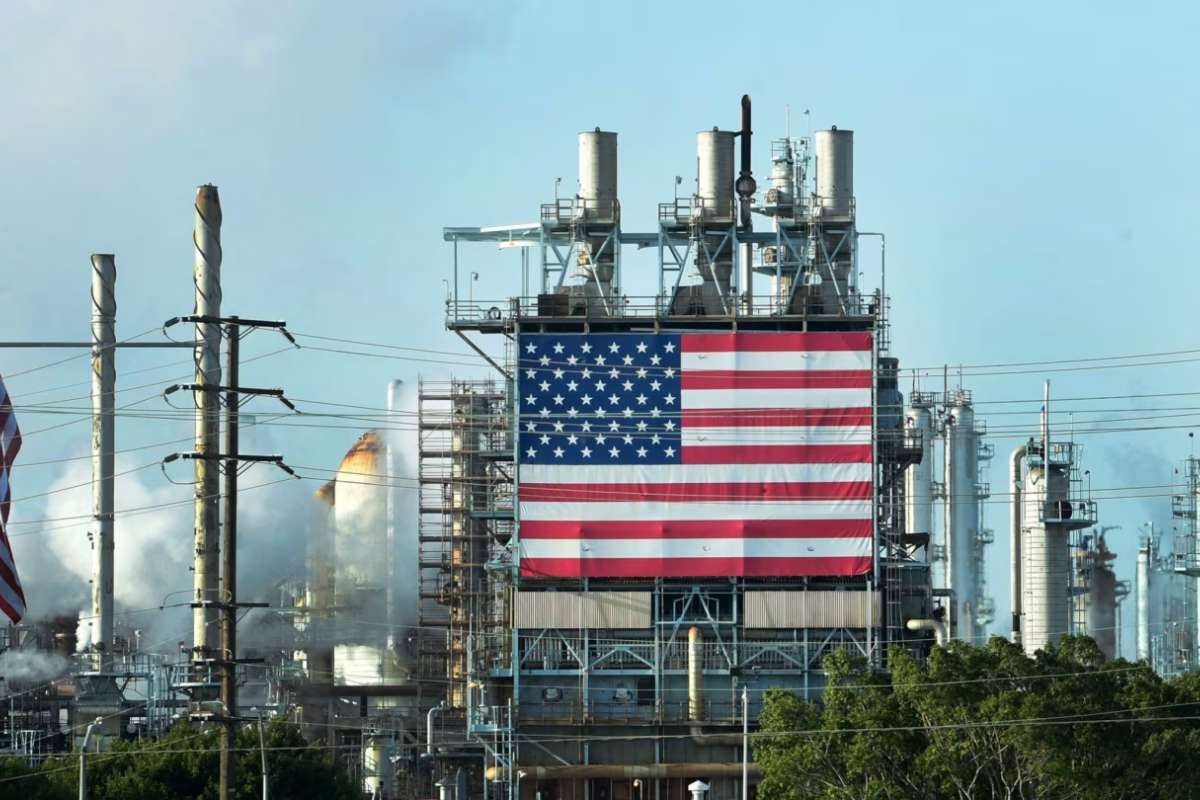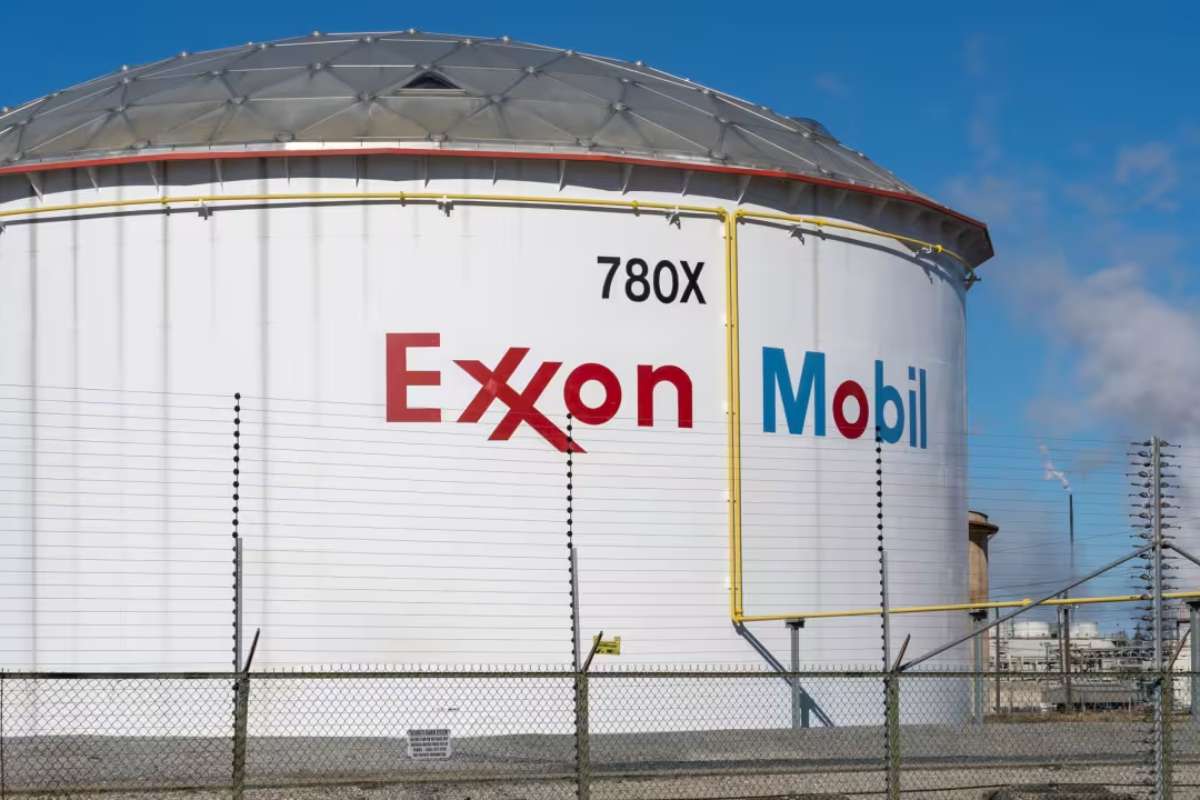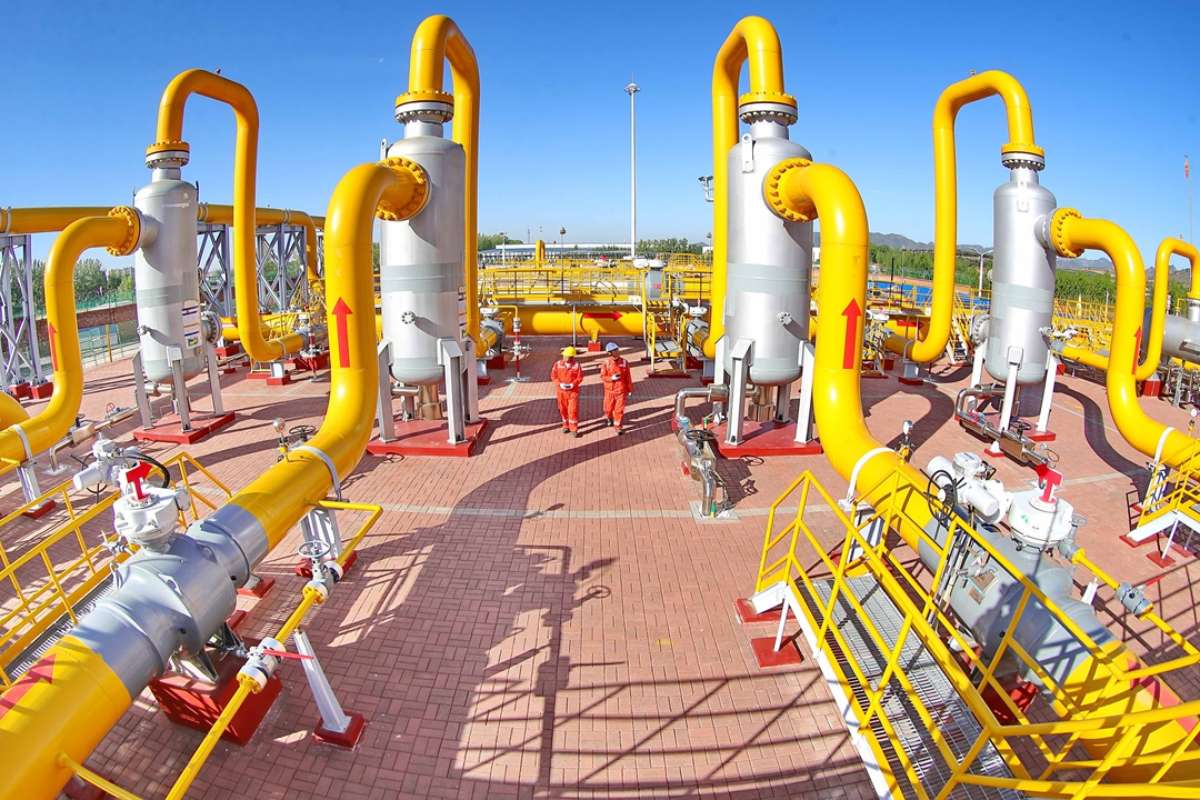The Trump administration has signaled a major pivot in U.S. energy policy, favoring fossil fuels over renewable alternatives. This policy shift is evidenced by the renewed push for oil and gas lease sales on federal land. In the first quarter of 2025 alone, the federal government earned nearly $40 million from such leases, according to the Interior Department. These leases, which remain valid for ten years or as long as they continue to produce oil and gas in viable amounts, reflect a broader strategy to enhance domestic energy production.
Despite the Biden administration’s earlier plans to limit offshore drilling—proposing just three lease auctions in the Gulf of Mexico, a historically low number—the Trump team appears poised to significantly expand lease offerings. Doug Burgum, chair of Trump’s energy council, emphasized that the administration aims to “unleash U.S. energy,” which he claims will reduce consumer costs and strengthen national security. This policy direction follows previous moves, including withdrawing the U.S. from the Paris Agreement and rolling back environmental regulations on fossil fuel industries.
Questioning the Promise of Lower Prices
While the administration’s push is framed as a route to cheaper energy, industry analysts and executives remain skeptical. Many oil producers operating in the Gulf of Mexico already possess large reserves of untapped leases and may not rush to drill new wells. Market saturation and cost concerns are key deterrents. As Exxon Mobil CEO Darren Woods recently pointed out, most operators are currently focused on maximizing efficiency rather than expanding production, suggesting there may be limited short-term benefits from additional leases.
Moreover, a 2021 report from the U.S. Energy Department of the Interior criticized the rapid and low-cost sale of leases in recent years, stating this approach often benefits speculators more than energy consumers. Buyers may hold onto leases to wait for favorable market conditions or use them to boost company valuations, with little intention of immediate development. This practice, critics argue, undercuts taxpayers and does little to address near-term energy needs.
Renewables, Exports, and the Bigger Picture
As the U.S. doubles down on fossil fuels, some experts warn that renewable energy may offer a more sustainable path to lower prices—if managed correctly. However, the growing trend of exporting liquefied natural gas (LNG) overseas has had the opposite effect domestically. A recent U.S. Department of Energy report found that shipping LNG abroad contributes to rising electricity and natural gas prices at home, complicating the narrative that increased fossil fuel production automatically benefits American consumers.
The long-term effects of the Trump administration’s U.S. energy strategy remain uncertain. While proponents argue that deregulation and expanded drilling will drive down costs and boost energy independence, others caution that market dynamics, environmental risks, and missed opportunities in renewables could limit these gains. As the nation charts its energy future, the debate over cost, climate, and sustainability is far from settled—and all eyes remain on how these policies will play out in the months ahead.












